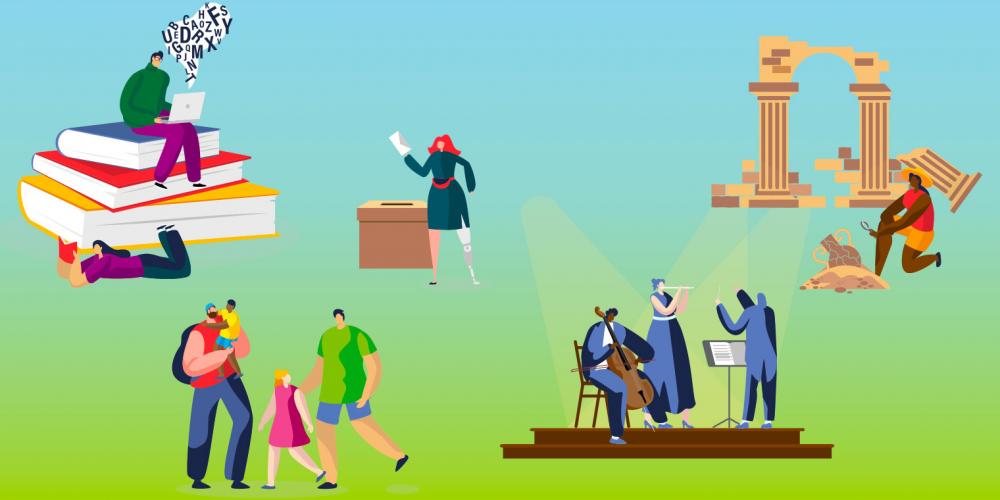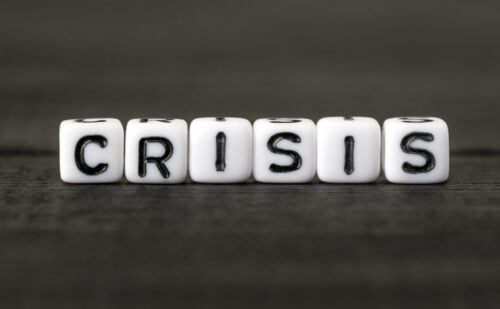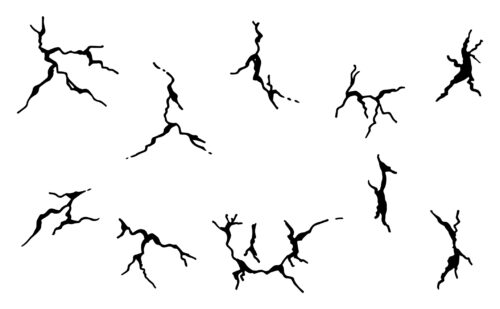
Humanities in Horizon Europe: Cluster 2 calls are now open
Posted: 7 July, 2021
On June 22, 2021, the EU Commission opened its calls for collaborative proposals – including calls for humanities research! Besides ERC and Marie Skłodowska Curie options for bottom-up research, thematic options can be found in the so-called ‘Clusters’: health; culture, creativity and inclusive society; civil security; digital, industry & space; climate, energy & mobility; food, bioeconomy, natural resources, agriculture & environment.
‘Culture, creativity and inclusive society’ is especially suited for humanities (and social sciences) research topics. This cluster is split into three main areas: democracy, cultural heritage and cultural and creative industries and transformations. Each of these areas includes topics which invite expertise on gender, culture, media, ethics, history, philosophy, religion, norms and values. For example, topics on endangered languages, crafts, film, music, games, cultural heritage and arts, perceptions/traditions shaping European society in the 21st century, the New European Bauhaus, etc. The available funding is around 422 EUR million.
Topics under Cluster 2 for the years 2021 and 2022:
Democracy:
2021:
- The future of liberal democracy in Europe
- Economic models and modern democracies
- Feminisms for a new age of democracy
- Democratic politics in the EU’s neighbourhood
- Politics and governance in a post-pandemic world
2022:
- Artificial intelligence, big data and democracy
- The future of democracy and civic participation
- The impact of inequalities on democracy
- Education for democracy
- Evolution of political extremism and its influence on contemporary social and political dialogue
- Media for democracy – democratic media
- Politics and the impact of online social networks and new media
- Representative democracy in flux
- Global governance for a world in transition: Norms, institutions, actors
Cultural Heritage and the Cultural and Creative Industries
2021:
- Green technologies and materials for cultural heritage
- New ways of participatory management and sustainable financing of museums and other cultural institutions
- Cultural and creative industries as a driver of innovation and competitiveness
- Preserving and enhancing cultural heritage with advanced digital technologies
2022:
- Safeguarding endangered languages in Europe
- Europe’s cultural heritage and arts – promoting our values at home and abroad
- The role of perceptions, formed by traditions, values and beliefs, in shaping European societies and politics in the 21st century
- Traditional crafts for the future: a new approach
- Towards a competitive, fair and sustainable European music ecosystem
- Increase the potential of the international competitiveness of the European filmmaking industry
- Protection of artefacts and cultural goods from anthropogenic threats
- Effects of climate change and natural hazards on cultural heritage and remediation
- Games and culture shaping our society
- The New European Bauhaus – shaping a greener and fairer way of life in creative and inclusive societies through Architecture, Design and Arts
Social and Economic Transformations
2021:
- Estimates of irregular migrants in Europe – stakeholder network
- Providing support in a changing world of work and social protection
- Determining key drivers of inequality trends
- Addressing poor learning outcomes in basic skills and early school leaving at national, regional and local level in Europe
- Integration of emerging new technologies into education and training
- Towards a new normal? Employment and social impacts of changing supply chains and declining trade intensities
- Upgrading independent knowledge on contemporary China in Europe
2022:
- Public policies and indicators for social well-being and sustainable development
- The impact of spatial mobility on European demographics, society, welfare system and labour market
- Conditions of irregular migrants in Europe
- Decision-making processes of (aspiring) migrants
- Gender and social, economic and cultural empowerment
- Overcoming discrimination for an inclusive labour market
- Conditions for the successful development of skills matched to needs
- Strengthening racial, ethnic and religious equality
- Return and readmission of irregular migrants in the EU
- Socio-economic effects of ageing societies
Topic that could be found within other Horizon Europe Clusters:
- Health: holds topics on staying healthy in a rapidly changing society, living and working in a health-promoting environment and ensuring access to innovative, sustainable and high-quality health care.
- Security: addresses fake news, disinformation in the digital world, public spaces protected while respecting privacy and avoiding mass surveillance, social innovations as enablers of security solutions and increased security perception and themes like domestic violence, abuse of children, terrorism, cultural heritage.
- Climate, Energy, Mobility: contains topics with titles such as “Strengthening Social Sciences and Humanities (SSH) research communities in climate, energy and mobility disciplines”, “Socio-economic risks of climate change in Europe” or „Fostering a just transition in Europe“.
For the complete Cluster 2 Work Programme for 2021/22 please visit: https://ec.europa.eu/info/funding-tenders/opportunities/docs/2021-2027/horizon/wp-call/2021-2022/wp-5-culture-creativity-and-inclusive-society_horizon-2021-2022_en.pdf
The individual topics and application procedure can be found via the search functions on the “Funding and Tender Opportunities” portal: https://ec.europa.eu/info/funding-tenders/opportunities/portal/screen/opportunities/
For help in identifying suitable funding options, please contact your national Horizon Europe National Contact Points (NCPs): https://ec.europa.eu/info/funding-tenders/opportunities/portal/screen/support/ncp

